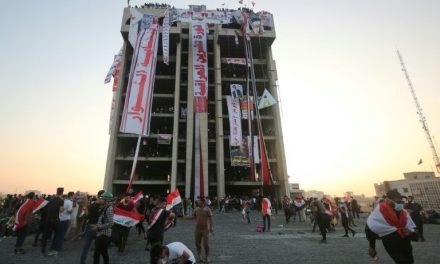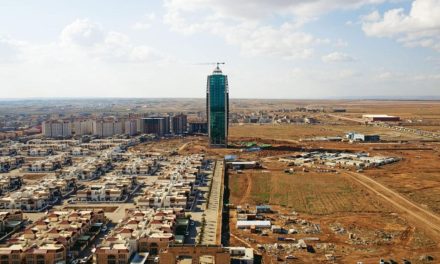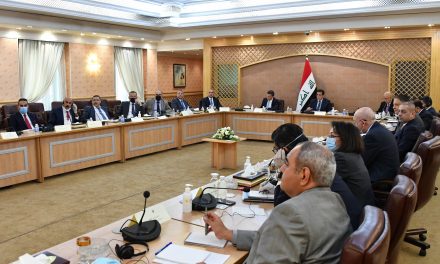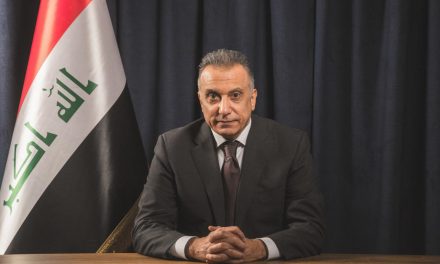For nearly a decade, the Iraqi government has been struggling to provide security and monopolize physical force in the country. One of the realities of Iraq after Saddam is the emergence of paramilitary groups that exist outside the state’s control. Call them militias, armed volunteers or local neighbourhood watch. At the end of the day, the name does not matter, as these are groups outside of the state-sanctioned security services.
There were militias operating within the country prior to the fall of Mosul in June 2014. Now, however, they have multiplied exponentially. There are more militias than most people could name. The plethora of these armed men is mainly due to the danger that ISIS presents to the general population. The danger is understood by locals who have swelled the ranks of these organizations to protect their families and villages.
The fall of Mosul forced Iraq to rely on these groups to avert a potential ISIS invasion. When the world’s largest, and best-trained terrorist organization threatened its capital, the Iraqi army was able to hold Baghdad, but only because it received help from militias. With the tide turning against ISIS, and Iraq recovering land lost in 2014, it is necessary for the Iraqi government to find a long-term arrangement for militias. The government cannot wait for ISIS to be defeated and then think of a way to deal with them.
Iraq must enforce existing laws that ensure that the army and police are the only armed forces on the ground. It could disband militias and integrate its fighters in the state’s security apparatus.
The good news is that most of militia members would love to have a government job with a steady salary and a pension at retirement. Obtaining official employment allows them to build savings, get married and start families. In a country with paralyzing unemployment rates, it will not take much to induce the thousands of men to use their weapons in the name of the state.
Recently discovered ghost soldiers in Iraq’s Army, some fifty thousand, underscore the need for absorbing militiamen. Iraq is in a rough neighbourhood and will need a large number of security service members for the near future. Iraq must seize the opportunity and use availability of young men who can fill these security positions.
What the existing army lacked up until the ISIS offensive was experience. Most soldiers went through training and were positioned at a checkpoint, where they never saw battle. Although that is different today as the army works with militias to retake land back from ISIS, it is crucial that the state utilizes the experience and knowledge that militiamen now have. These men can be used to bolster the Iraqi Army’s popular Golden Division or establish a second one that is equally effective. They can also help train new recruits and share their experience.
The Iraqi state should be proactive in disbanding the militias and integrating its members into its institutions. If it fails to do that, then they will be the new security ailment in the country. The last time this happened in 2008, hundreds of US forces and the US air force backed the Iraqi Army to disband the Mehdi Army militia. The Mehdi Army was a rag-tag militia that was known in Iraq more for its drinking than fighting skills. The potential enemy today would be tens of groups with more battle-hardened fighters than Iraq’s army has. After all the internal fighting Iraq has seen, no one wants to see this potential battle take place.









